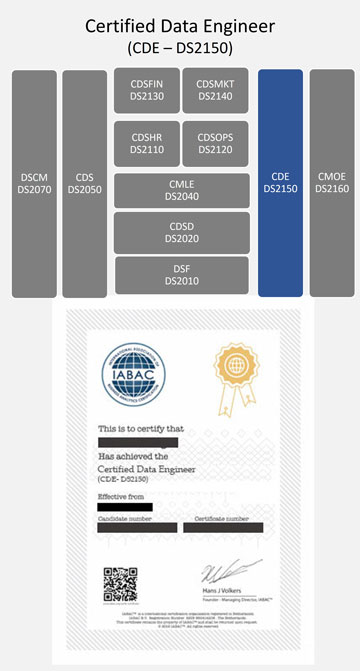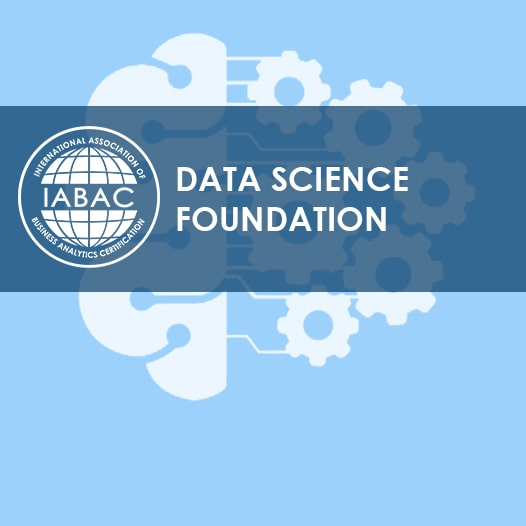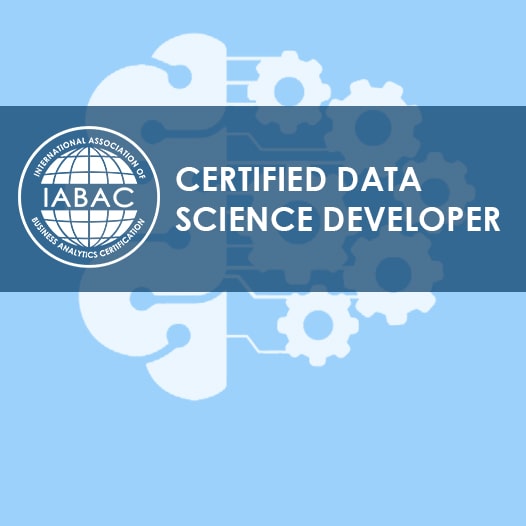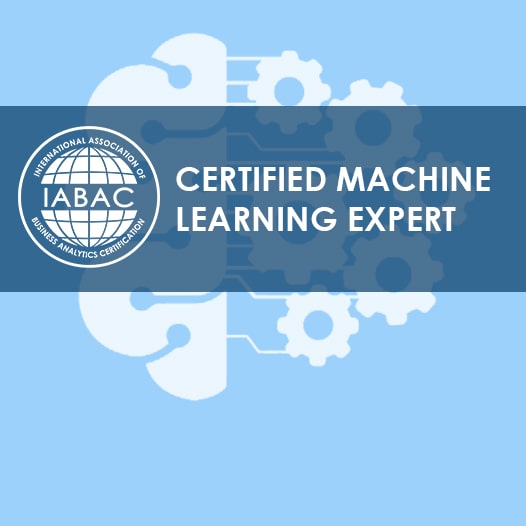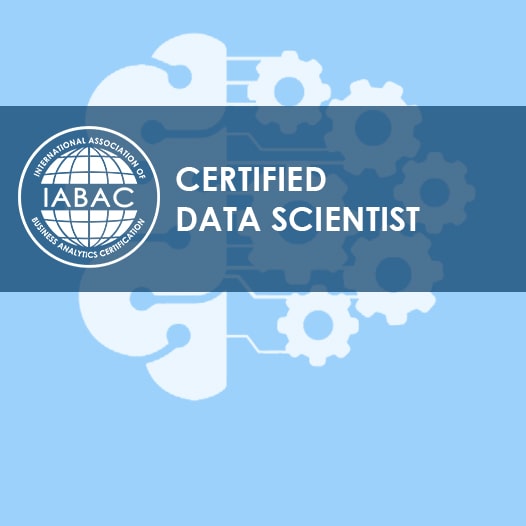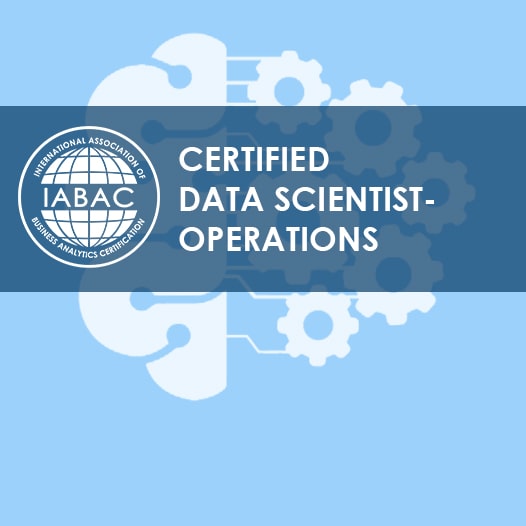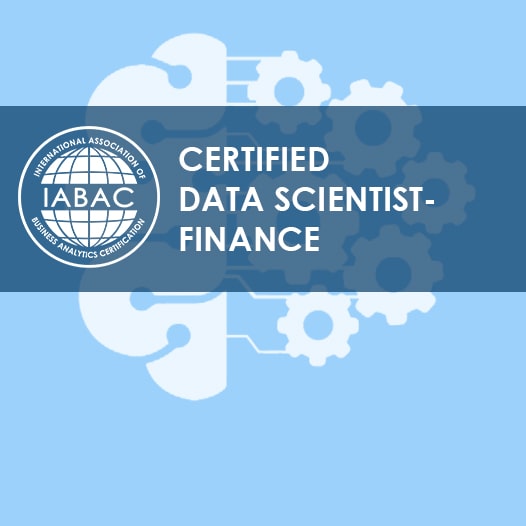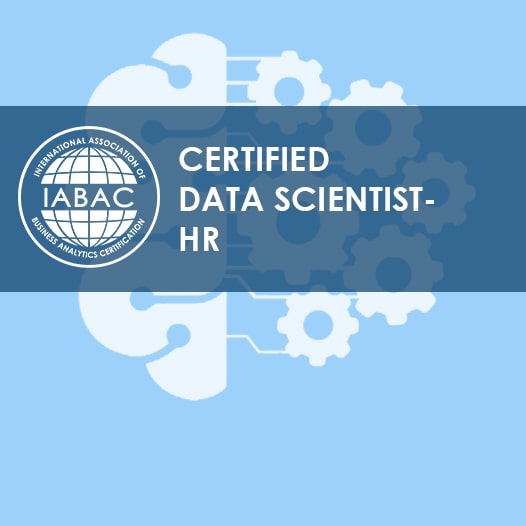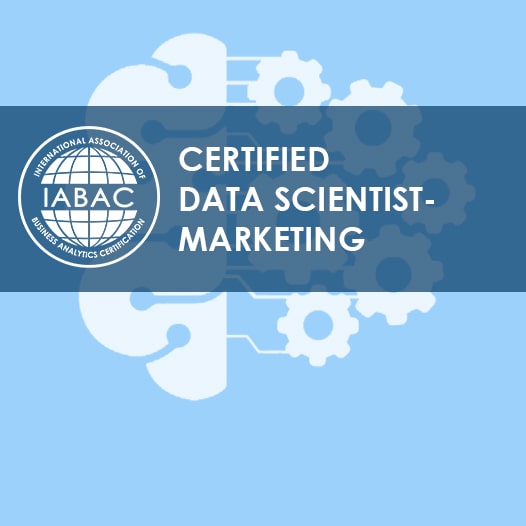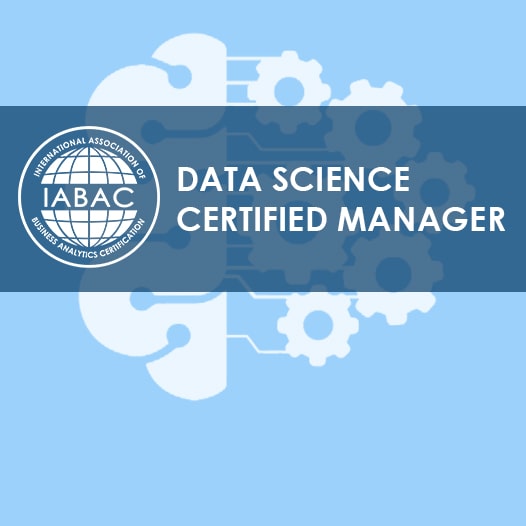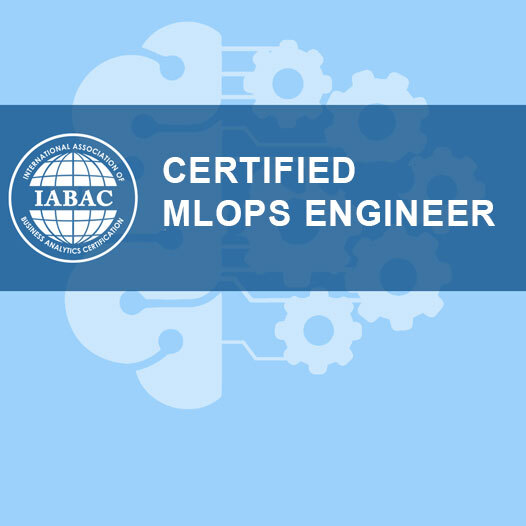Prerequisite Certification
- Strong knowledge of databases, data modeling, and SQL.
- Experience with big data technologies like Hadoop, Spark, and NoSQL databases.
- Understanding of data warehousing concepts and ETL (Extract, Transform, Load) processes.
- Familiarity with cloud platforms such as AWS, Azure, or Google Cloud.
- Ability to design and implement scalable data pipelines and data integration solutions.
- Knowledge of data governance, data quality, and data security principles.
Who can pursue this certification?
The Certified Data Engineer Certification is designed for professionals who work with big data and data engineering. Individuals who can pursue this certification include:
Data Engineers: Data engineers who design, build, maintain, and troubleshoot data processing systems and infrastructure can benefit from pursuing this certification. They work with tools and technologies such as Hadoop, Spark, and various data storage systems.
Data Architects: Data architects who are responsible for designing and managing data structures and architectures can also pursue this certification. They typically work on data modeling, database design, and data integration.
ETL Developers: Extract, Transform, and Load (ETL) developers who are involved in designing and implementing ETL processes to extract data from various sources, transform it, and load it into a data warehouse or another destination can benefit from this certification.
Big Data Professionals: Professionals who work extensively with big data technologies, such as Hadoop, Spark, and distributed computing frameworks, can pursue this certification to enhance their skills and validate their expertise.
Database Administrators: Database administrators who are responsible for managing and maintaining databases, ensuring data security and availability, and optimizing database performance can also pursue this certification to broaden their knowledge in data engineering.
Data Scientists: While the Certified Data Engineer Certification is more focused on the engineering aspects of data, data scientists who want to strengthen their understanding of data engineering principles and gain hands-on experience with data engineering tools can also pursue this certification.


